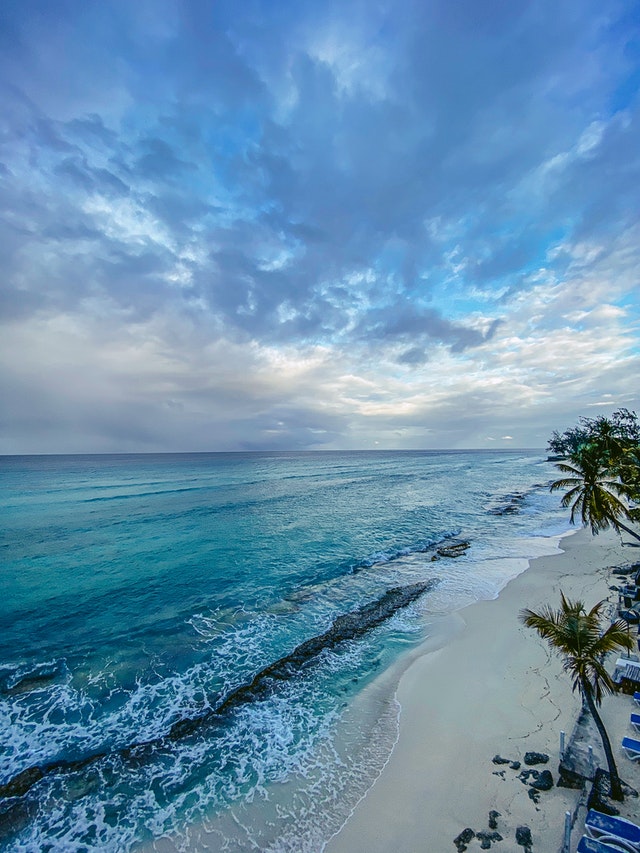
Coinposters
The Relevance of Barbados’ Metaverse

Recently one government purchased virtual land and “erected” a metaverse embassy. Some think it’s Barbados is doing a little bit of a PR stunt. However, most of us would agree that governments generally do not have a “sense of humor”. The reason people think this is some sort of stunt is because of the motives. Issuing permits and visas can easily be done by the government through their government service websites like many other countries manage to do. What some people do not understand is why they chose to create a metaverse embassy.
This technology development raised some questions, whether it is a gimmick or not. One important question is sovereignty. How do we answer the question of sovereign rights, property rights, and even state power?
In conventional matters of sovereignty, if a nation establishes an embassy in another country, international agreements allow for those embassies to receive specific protection from the host. These agreements depend on the rights that sovereign states have on their physical domain. The host agrees not to exercise their powers on embassy property. This allows embassies to function as sovereign entities within the host nation.
Of course, it is the prerogative of host nations to decide to grant these rights to embassies, or not. It is also possible for one nation to be allowed these rights by their counterparts and the same nation to disallow their counterparts these rights. There are historic examples where host countries decided not to because they felt the disadvantages outweigh the advantages. One such example of such a dynamic is that of the United States of America and Cuba. This dynamic of lack of reciprocity in terms of embassies played out for decades.
So, What about NFTs and Virtual Embassies?
This development will allow Barbados (via its metaverse embassy) to set some terms of engagement. These terms would be applied to people or other sovereign governments to interact with the nation’s digital assets. These would not be just any assets, these assets would be those under the “jurisdiction” of Decentraland’s address.
Digital property rights may be a hard concept for many to still grasp, especially if we think in more traditional terms. The future of digital property rights that Barbados, and perhaps other countries will follow may allow for the translation or inclusion of real-world property rights to virtual property rights. This also means these independent nations can virtually establish treaties over their private keys within an agreed-upon metaverse space.
What could this mean?
There are opportunities brewing. Some opportunities that we may not even have begun to fathom. There is potential for countries to establish treaties and set up rights for their respective citizens. This process would be a significant cost saving than creating numerous embassies in each other’s real-world geographic domains.
Small Countries are Leveraging Crypto Innovation
Barbados is not the only small nation that’s taken cryptocurrency innovation seriously. Other countries include Malta, El Salvador, Bahamas, Bermuda, Cambodia, and East Timor. A lot of these bold moves are occurring at a time when the Covid-19 pandemic presents numerous global uncertainties and economic hardships. With small countries like Barbados that rely on tourism for their gross domestic product, the volatility of present times requires a new and innovative approach. Cryptocurrency offers an opportunity for smaller nations to collectively counter some of these challenges, devoid of geographic limitations and in tandem with the shared economic interests that they have.
Other countries, not yet on this bandwagon abound, especially in Africa. Many of these countries heavily depend on tourism for their economic well-being. It would be interesting to see if some of these countries begin to take a leaf from the likes of Barbados, El Salvador, East Timor, Malta, Bermuda, and the Bahamas.
Latest
Business
09 May 2024
Business
19 Apr 2024
Business
16 Jan 2024
Business
31 Aug 2023
Business
24 Jun 2023
Business
24 Jun 2023













